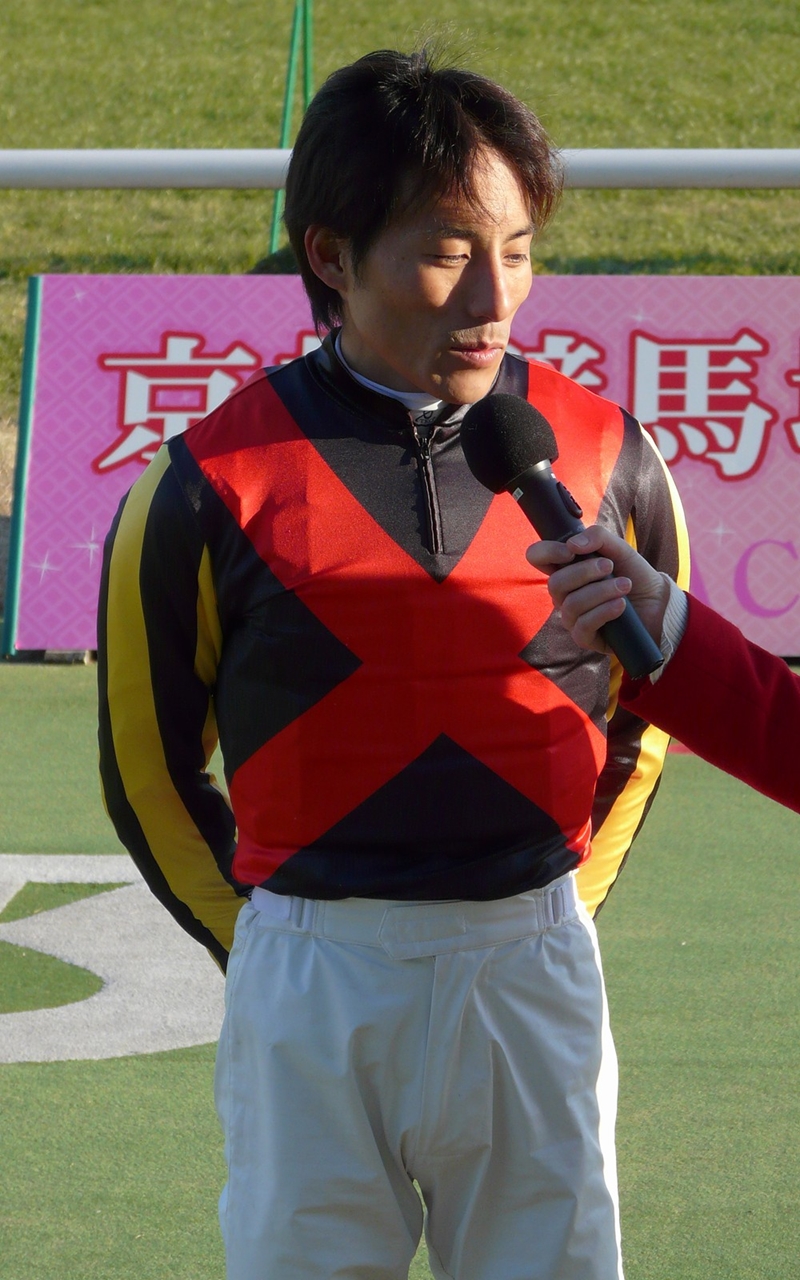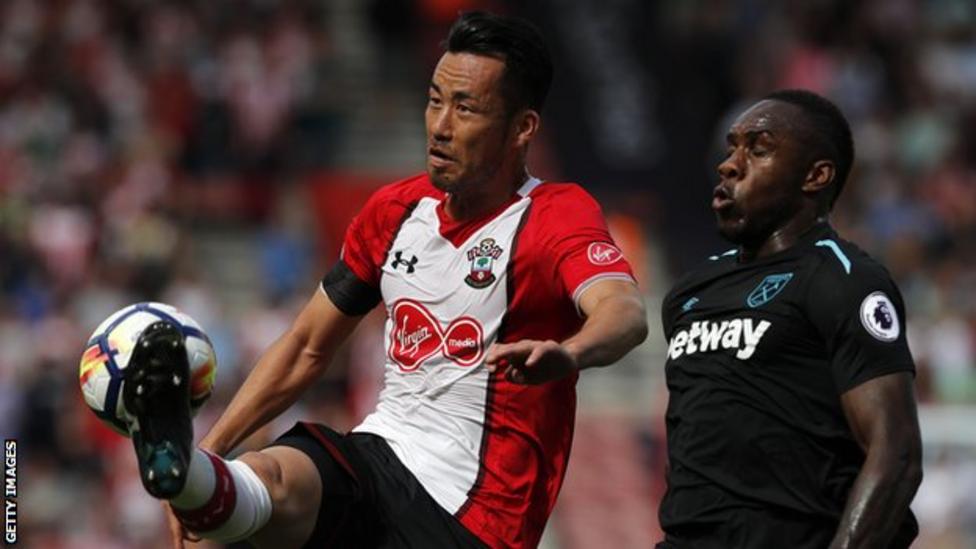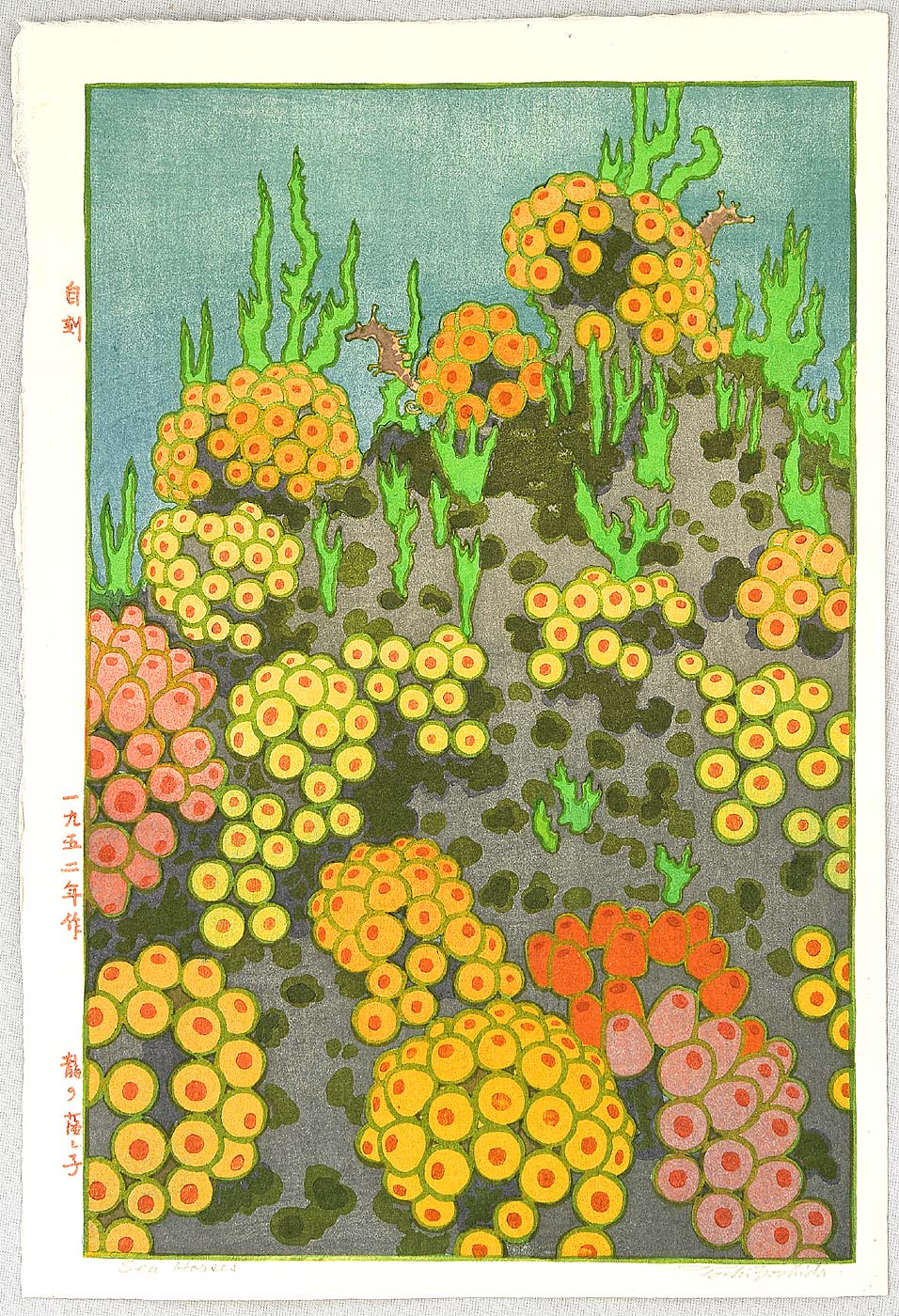

Yoshida purchased a quarter of Sunday Silence for $2.5 million when he was a 4-year-old. He had missed out on the 1989 Triple Crown, losing to Easy Goer in the Belmont Stakes, but then got revenge in the Breeders’ Cup Classic. But what mattered to Yoshida was the horse’s track record: Sunday Silence had never finished worse than second in 14 starts. Zenya Yoshida already had the leading stallion Northern Taste, a Canadian-bred horse he had purchased in the United States and campaigned in France, when he went looking for a successor.Īmerican breeders were chilly toward Sunday Silence, a black colt with high hocks, knocking knees and a not very sexy pedigree. Sunday Silence changed everything in Japan. After 30 years of this, we’re paying the price. When they run these international races, you can see the difference between their horses and ours. “They’re buying global pedigrees and breeding them for two-turn classic distances,” said Craig Bernick, the head of Glen Hill Farm in Florida, “and we’re breeding for the 2-year-old market. Racing fans everywhere know the Yoshida broodmares they are classic winners in England, France, Germany, Ireland and Italy, American champions and Breeders’ Cup victors, stars from Australia and South America.Īt Shadai Farm, Teruya Yoshida’s finest broodmares occupy a barn known as Terry’s Jewel Box. The brothers believe that the best progeny come from stallions and dams who were themselves outstanding racehorses. The Yoshida family’s buy-the-best philosophy seems logical, but it is not often put into practice by others. Two from Germany and one each from France and England are entered in the 18-horse field on Sunday.įor the fifth straight year, the 2014 Japan Cup race winner was a horse owned and bred by Katsumi Yoshida, whose family has long dominated horse racing in Japan. His sons achieved that by embarking on a two-decade spending spree for the finest broodmares to breed to him and then to his sons.ĭespite the Japan Racing Association’s bonuses to attract foreign horses, there are few takers nowadays.

Zenya, who died in 1993, did not get to see Sunday Silence become the greatest stallion in Japanese history.


His son, Zenya, added significantly to the legacy with his bargain-price purchase of the great American champion Sunday Silence in 1990. The foundation of the Yoshida empire was laid by their grandfather, Zensuke, who ran a horse in the first Japanese Derby, in 1932. They keep the majority of those horses to race in their own names or for various syndicates they control. Together, the brothers breed a sixth of the 7,500 foals born in Japan. Teruya and Katsumi own about 650 broodmares apiece, and Haruya has around 200. Last year, the Yoshida brothers had a hand on three-fifths of the Japanese entrants.Įach of the brothers has a farm on the island of Hokkaido - Teruya, 68, has Shadai Katsumi, 67, owns Northern and Haruya, 64, has Oiwake - and they jointly own a fourth one, Shadai Corp., as well as Shadai Stallion Station, home to Japan’s top 10 stallions. The last five winners were owned and bred by Katsumi. Japanese horses have won the last nine editions, and Teruya or Katsumi bred or owned all but one. It has also brought domination of the Japan Cup, which is running its 35th edition on Sunday at Tokyo Racecourse.


 0 kommentar(er)
0 kommentar(er)
